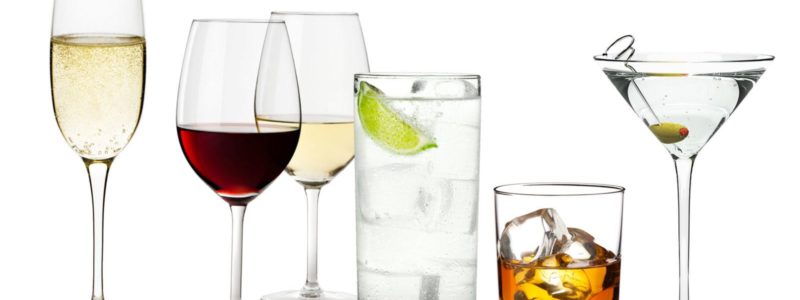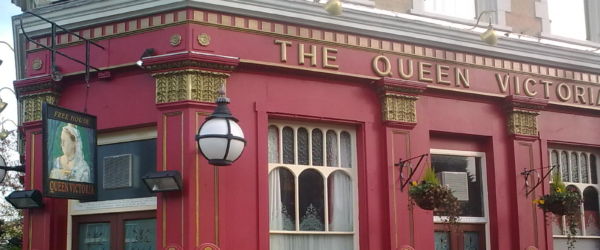Alcohol consumption

Drinking alcohol can be a nice pastime. I often hear people talk about drinking a glass of wine to unwind after a long day at work, or going out to the pub with some friends for a few beers and a catch up. But when does such an alcohol consumption become more than what is recommended, how easy is it to go over the limit, and what can be the consequences of drinking alcohol?
The NHS states that the recommended weekly alcohol limit for men and women is 14 units, which is the equivalent of six pints of average-strength beer and 10 small glasses of low-strength wine. If people do drink this amount of units regularly, then they are advised to spread it out over three days or more. They are also advised not to drink more than this on a regular basis as it risks damaging their health. Alcohol has been found to be a causal factor in more than sixty medical conditions ranging from many types of cancer, cirrhosis of the liver, high blood pressure and depression.
In the past, I’m sure many of us remember the media headlines about binge drinking, and the NHS define it as when a person drinks a lot of alcohol in a short space of time, or drinking to get drunk. Due to everyone being different it is difficult to say how many units drunk in one session is classed as binge drinking, but a figure has been given as it being eight units for men and six for women. As well as the potential long-term health problems, single session drinking can also increase a person’s risk of having an accident that causes injury or worse, misjudging risky situations, and losing self-control such as getting involved in a violent encounter.
For people who are trying to cut down, the NHS advises them to try and have several drink-free days each week. In the alcohol consumption literature, it states that there is actually no safe drinking level, so anyone drinking less than 14 units a week is considered as carrying out low-risk drinking.
However, is drinking alcohol becoming less of a thing to do now? In 2017 it was found that 20% of the UK population say that they do not drink at all, and the level of alcohol consumption overall has actually fallen by 16% since 2004. I am actually quite shocked that the figure of non-drinkers is so high. But why could this be? Could the price of alcohol be a factor? I know that drinking out in pubs and clubs is more expensive than buying it from the supermarket, but that difference wouldn’t change people’s drinking, just their drinking habits. A study last year found that it was 16-24 year olds, nearly 30% of them, that said they do not drink alcohol, but there was no decrease in other groups of people, such as smokers.
So is it a case of people, at least young people it seems, understanding the health benefits of not drinking? If so I am pleasantly surprised that what was once such a big headline-grabbing social issue has now changed in a new generation of drinkers. It would be interesting to know the answer to this question as it could be a positive step when it comes to health awareness campaigns too.
Sarah Keeping MBPsS MSc PgDip GDip BA (Hons)
Follow Sarah on twitter at @keepingapproach
References
https://www.nhs.uk/live-well/alcohol-support/the-risks-of-drinking-too-much/
https://www.drinkaware.co.uk/alcohol-facts/drinking-habits-and-behaviours/binge-drinking/
https://alcoholchange.org.uk/alcohol-facts/fact-sheets/alcohol-statistics
https://www.nhs.uk/news/lifestyle-and-exercise/young-people-turning-their-backs-alcohol/



